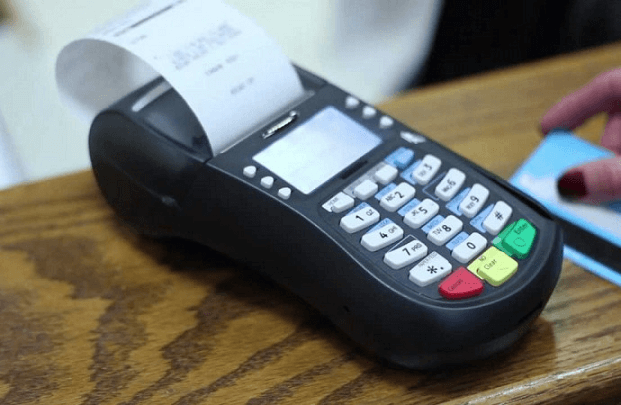The Central Bank of Nigeria (CBN) has ordered that all Point of Sale (PoS) terminals be restricted to a 10-metre radius of their registered business locations, in what is set to become one of the most sweeping reforms of Nigeria’s payment system.
In a circular signed by Rakiya Yusuf, director of the payments system supervision department, the apex bank said geo-location data will now be captured at every transaction point and included in the reporting payload. It directed that all existing terminals—about six million—be geo-tagged within 60 days, with compliance checks starting on October 20, 2025.
The directive also mandates operators such as Moniepoint, Opay, and Palmpay to ensure all PoS devices have GPS-enabled geolocation services. In addition, operators must adopt the ISO 20022 messaging standard, a global protocol designed to harmonise financial transactions and align with SWIFT’s ongoing migration.
According to CBN, the reforms are aimed at curbing fraud, preventing terminals from being moved outside their certified locations, and strengthening Nigeria’s case to exit the Financial Action Task Force (FATF) grey list, where it has been since 2023.
PoS terminals have become the lifeline for millions of Nigerians since their introduction in 2013, with transactions hitting ₦10.51 trillion in the first quarter of 2025 alone—over 300% higher than the same period last year. But regulators argue the explosive growth has also created loopholes for fraud and criminal exploitation.
The circular further instructs that all PoS terminals must be registered with a Payment Terminal Service Aggregator (PTSA) such as the Nigerian Inter-Bank Settlement System (NIBSS) or Unified Payment Services Limited. Terminals not routed through a PTSA will be barred from processing transactions.
However, industry operators say the 10-metre restriction is impractical. One payment executive told TechCabal that retrofitting and certifying millions of terminals within the given timeframe is “logistically impossible.”
“Nigeria does not have the manpower for this. At least 60,000 terminals would need to be geotagged daily. It requires thousands of engineers and field agents, but the people simply don’t exist,” the source said.
Concerns also extend to businesses with large premises. “The rule of a 10-metre radius may work for a roadside kiosk, but what about supermarkets, hotels, malls, or fuel stations where payments occur beyond that distance? The rule is unworkable in real life,” the operator added.
Oluwagunwa Ibirogba, chairman of the Lagos chapter of the Association of Mobile Money and Bank Agents in Nigeria (AMMBAN), said fraud prevention is critical but urged a more flexible framework.
“They should leverage existing networks to map terminals. Reverification, not rigid restrictions, is what ensures we know who is active and where they operate,” he said, warning that trust between agents and customers could be eroded if the policy is implemented as-is.
















